The transportation industry is witnessing a remarkable transformation, with hydrogen train technology emerging as a game-changing innovation. Designed as a sustainable alternative to diesel-powered locomotives, hydrogen trains are paving the way for an eco-friendly future in rail travel. In this article, we explore the potential of hydrogen train technology and its anticipated impact on India’s transportation landscape.
What is Hydrogen Train Technology?
Hydrogen train technology utilizes hydrogen fuel cells to generate electricity, powering the train without emitting harmful pollutants. Unlike conventional diesel engines, hydrogen-powered trains produce only water vapor, making them a zero-emission solution. This innovative technology aligns with global efforts to combat climate change and reduce carbon footprints.
The First Hydrogen Train in India
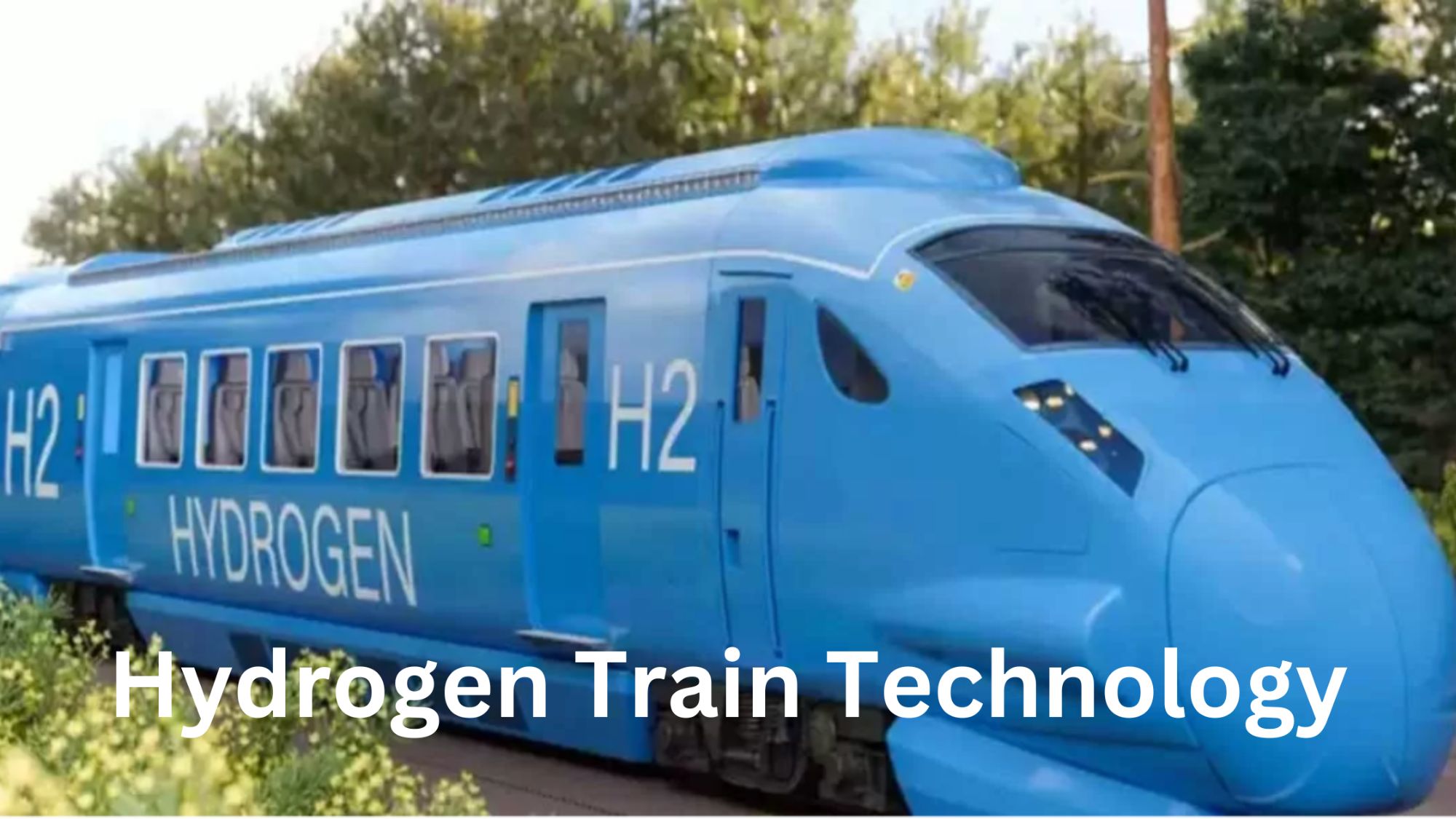
India’s journey towards adopting hydrogen train technology is expected to begin with a pilot project in Haryana. Reports suggest that the country’s first hydrogen train may operate between Jind and Sonipat as early as March-April 2025. This ambitious project is part of the Indian Railways’ larger mission to transition to green energy and achieve net-zero emissions by 2030.
Hydrogen Plants in India
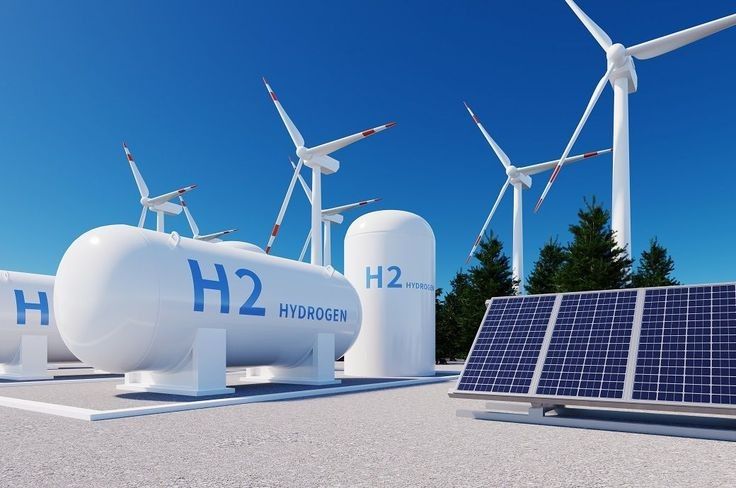
The success of hydrogen train technology relies heavily on the availability of hydrogen production infrastructure. India has been ramping up its efforts to establish hydrogen plants across the country. The National Hydrogen Mission, launched in 2021, aims to make India a global hub for green hydrogen production. Major projects are underway in Gujarat, Tamil Nadu, and Karnataka, focusing on producing green hydrogen through renewable energy sources like wind and solar power.
Benefits of Hydrogen Trains in India
Hydrogen trains offer several advantages over traditional locomotives:
1. Environmental Benefits:
They eliminate greenhouse gas emissions, contributing to a cleaner and greener environment.
2. Cost-Effective:
While initial investments are high, operational costs are significantly lower in the long run.
3. Energy Efficiency:
Hydrogen trains are more efficient than diesel trains, reducing energy consumption per kilometer.
4. Noise Reduction:
These trains operate quietly, minimizing noise pollution in urban and rural areas.
Challenges in Implementing Hydrogen Train Technology
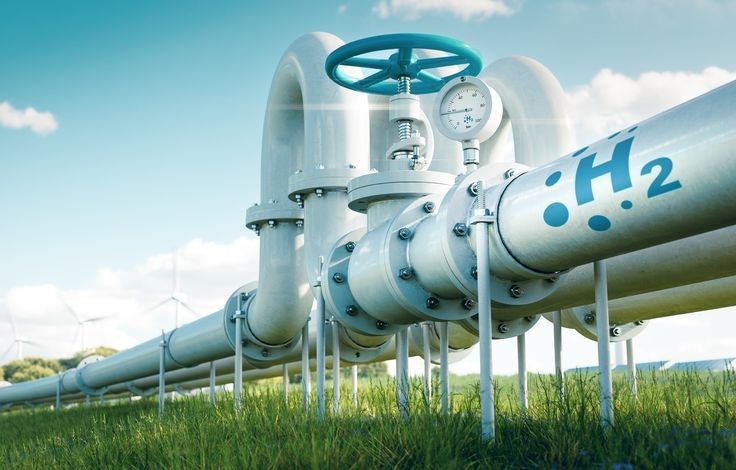
Despite its promising potential, implementing hydrogen train technology in India comes with challenges:
High Initial Costs:
Setting up hydrogen plants and retrofitting trains involves significant investment.
Infrastructure Development:
Establishing a reliable hydrogen supply chain and fueling stations requires careful planning.
Technical Expertise:
India needs skilled professionals to manage and maintain hydrogen-powered trains and related infrastructure.
Future of Hydrogen Trains in India
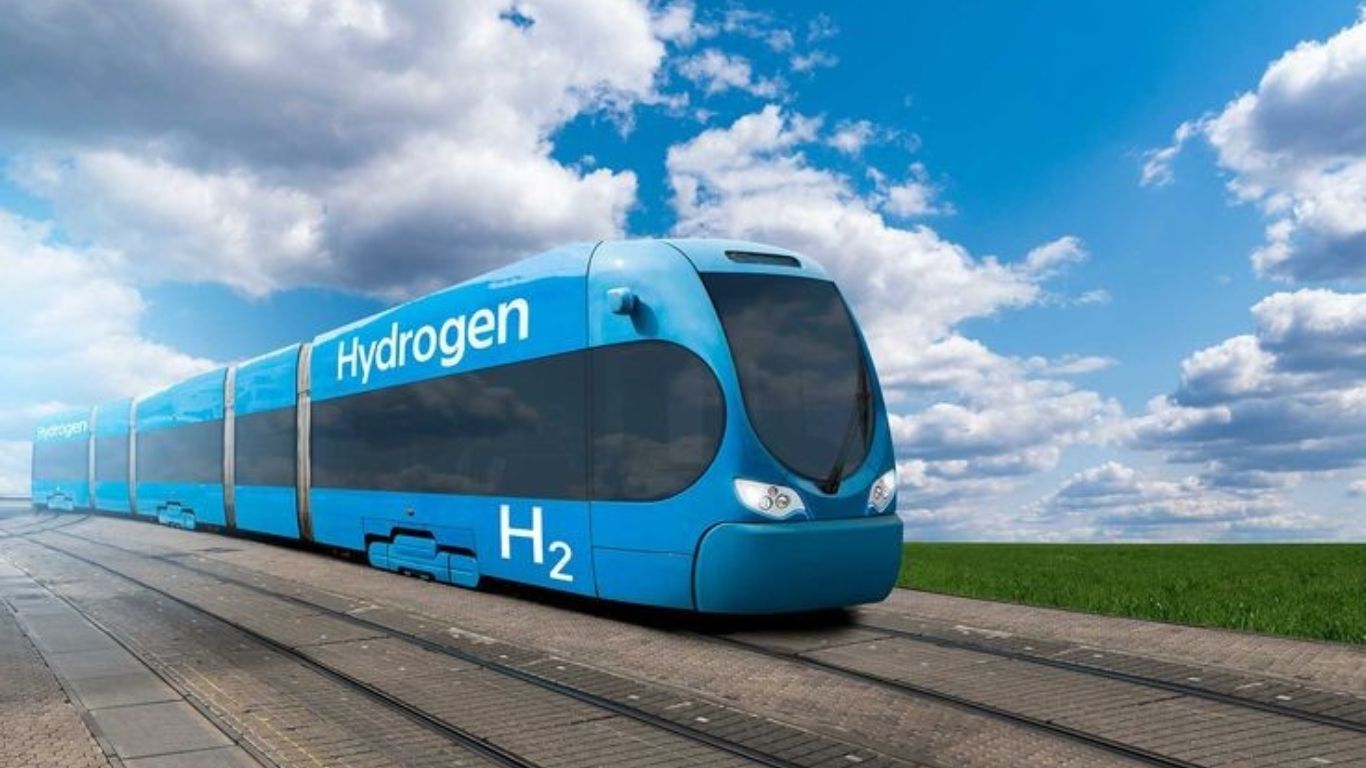
The future of hydrogen trains in India looks bright as the government actively promotes green energy initiatives. With advancements in hydrogen fuel cell technology and growing investments in renewable energy, hydrogen trains could revolutionize the Indian rail system. By 2030, India aims to deploy hydrogen trains on key routes, reducing its dependence on fossil fuels and setting a global example in sustainable transportation.
Conclusion
Hydrogen train technology represents a significant step toward a sustainable and efficient railway system. As India prepares to roll out its first hydrogen-powered train between Jind and Sonipat, the nation is poised to lead the way in green transportation. With continued investments in hydrogen production and infrastructure, the future of hydrogen trains in India holds immense promise.
By embracing this revolutionary technology, India can achieve its environmental goals while transforming the way people travel across the country.
FAQs on Hydrogen Train Technology
Q 1. What is hydrogen train technology?
A: Hydrogen train technology uses hydrogen fuel cells to generate electricity that powers trains. These trains produce only water vapor as emissions, making them a zero-emission and environment friendly alternative to diesel locomotives.
Q 2. When will the first hydrogen train in India start?
A: The first hydrogen train in India is expected to start operating between Jind and Sonipat in Haryana around March-April 2025 as part of Indian Railways’ green energy initiatives.
Q 3. How do hydrogen trains contribute to sustainability?
A: Hydrogen trains reduce greenhouse gas emissions and noise pollution. They use green hydrogen, produced from renewable energy sources like wind and solar power, contributing to a cleaner environment and supporting global climate goals.
Q 4. What are the main challenges of hydrogen train technology?
A: Key challenges include:
High initial setup costs for hydrogen plants and trains.
The need for extensive hydrogen infrastructure, such as fuelling stations.
A lack of technical expertise to manage and maintain hydrogen-based systems.
Q 5. Are hydrogen trains cost-effective?
A: While hydrogen trains require significant upfront investment, they are cost-effective in the long run due to lower operating and maintenance costs compared to diesel-powered trains.
Q 6. What are some hydrogen production initiatives in India?
A: Under the National Hydrogen Mission, India is setting up hydrogen production plants in states like Gujarat, Tamil Nadu, and Karnataka. These plants focus on producing green hydrogen using renewable energy.
Q 7. How do hydrogen trains compare to electric trains?
A: Hydrogen trains are ideal for routes that lack electrified infrastructure, as they don’t require overhead wires. They are also environment friendly, producing no emissions, whereas electric trains depend on the energy source of the electricity grid.
Q 8. What is the future of hydrogen trains in India?
A: Hydrogen trains are set to play a vital role in India’s railways. With the government’s push for green energy and investments in hydrogen infrastructure, these trains are expected to expand to key routes by 2030, significantly reducing reliance on fossil fuels.
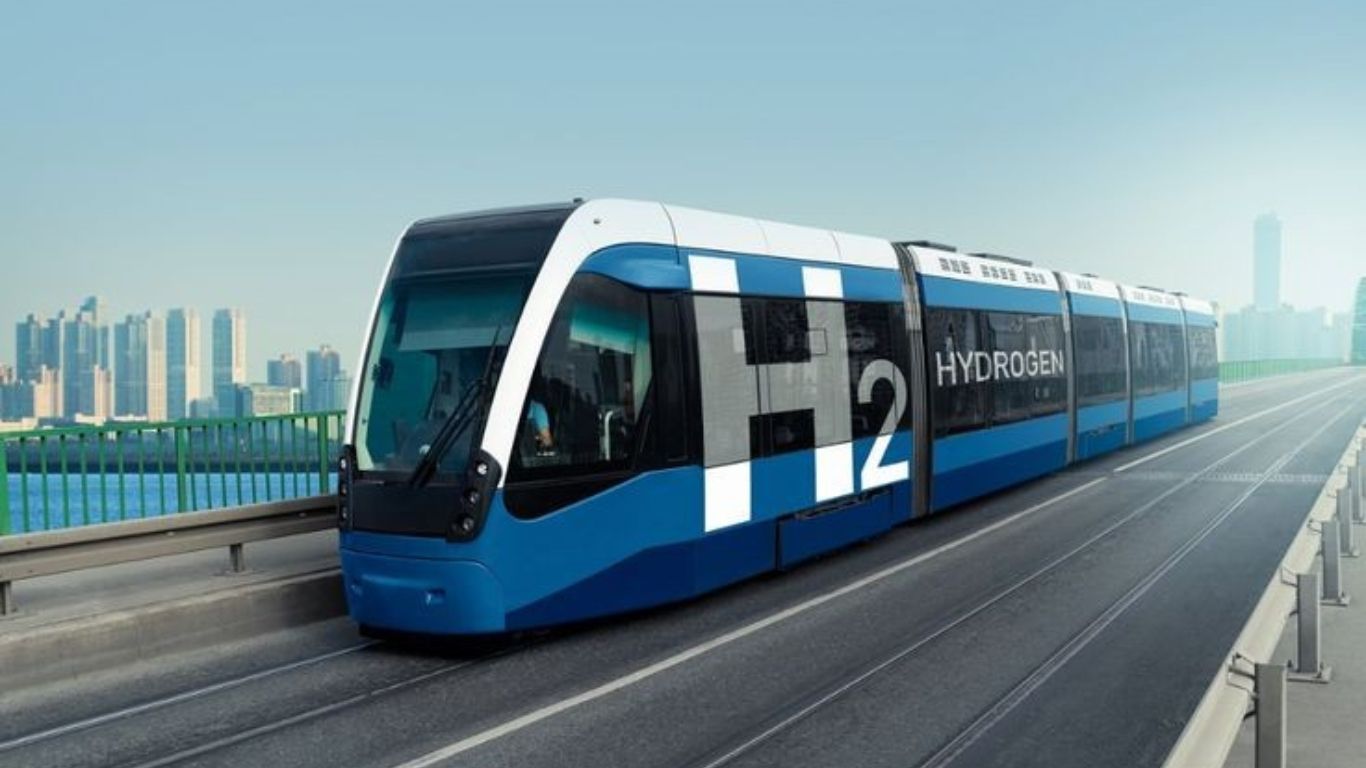
Very nice information.
👍 nice 👍
Nice 🙂👍
Nice technology 👌
जींद और सोनीपत के बीच की लाइन
बहुत अच्छा लगा
Very good post